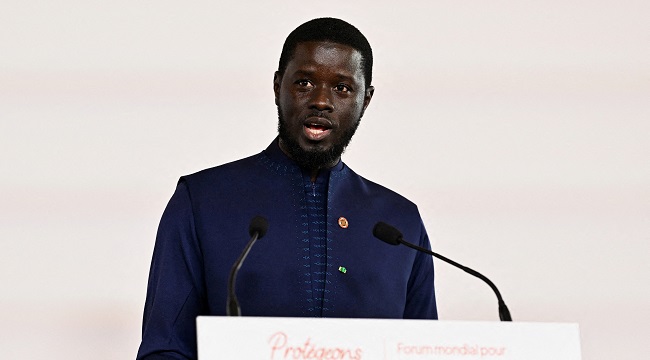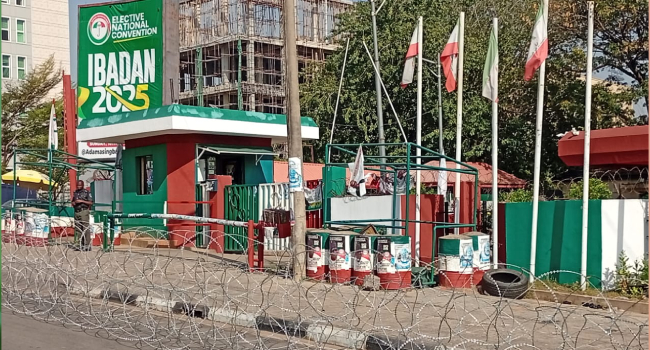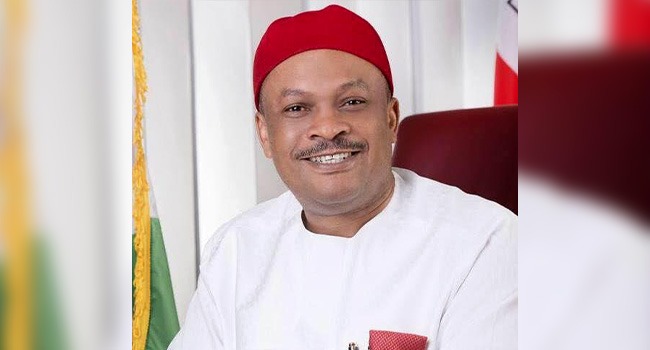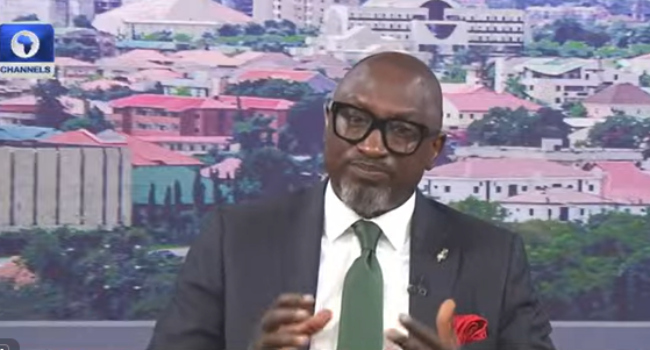Senegal says it will take steps, including raising taxes and renegotiating energy contracts, to raise almost $10 billion over three years to help it deal with a debt crisis.
The new measures are aimed at reassuring investors, after the International Monetary Fund (IMF) said last week that it will begin discussions with the country next month toward new funding.
Senegalese bonds declined on Friday. Eurobonds due in 2033 dropped 0.7% to 73.98 cents on the dollar by 2 p.m. in London.
A Bloomberg report says Prime Minister Ousmane Sonko said in the capital, Dakar, on Friday, that over the coming months, the government will cut spending and take measures to boost domestic revenue as part of efforts to stabilise public finances and restore investor confidence.
“Sixty-five years after independence, we must fully assume our future,” Sonko said. “This means making efforts, mobilising our internal resources, and freeing ourselves from the automatic responses that systematically send us back to external assistance.”
READ ALSO: Eurozone Inflation Unchanged At 2% In July
President Bassirou Diomaye Faye’s government last year uncovered $7 billion of previously unreported borrowing by the previous regime that pushed the nation toward a debt crisis. The administration will finance 90% of the latest plan through domestic resources. It will also cut subsidies, introduce taxes on goods and other services, including mobile-money transfers, targeting a total of 5.7 trillion CFA francs ($9.9 billion).
The borrowing disclosure prompted the International Monetary Fund to suspend a $1.8-billion loan program last year, while S&P Global Ratings cut the country’s credit rating deeper into junk.
Plans by Senegal’s statistics agency to rebase the nation’s gross domestic product may help improve its debt ratio, which surged to 99.7% of GDP in 2023 after the audit, compared with a previously reported 74.4%. Its obligations stood at 119% of GDP last year, Economy Minister Abdourahmane Sarr said in a speech in the capital
A new IMF program, which would help finance the recovery plan and restore investor confidence, depends on Senegal presenting a credible path for a return to fiscal sustainability.
This includes “improving the efficiency of public spending by focusing on high-impact investments, reducing debt through fiscal consolidation and targeting a 3% budget deficit by 2027 to regain access to more favourable external financing,” Sarr said. “In short, the recovery plan aims to send a strong, positive signal to financial markets.”
The government has previously said it may consider reprofiling its debt, extending maturities, but that it will avoid a full restructuring.





